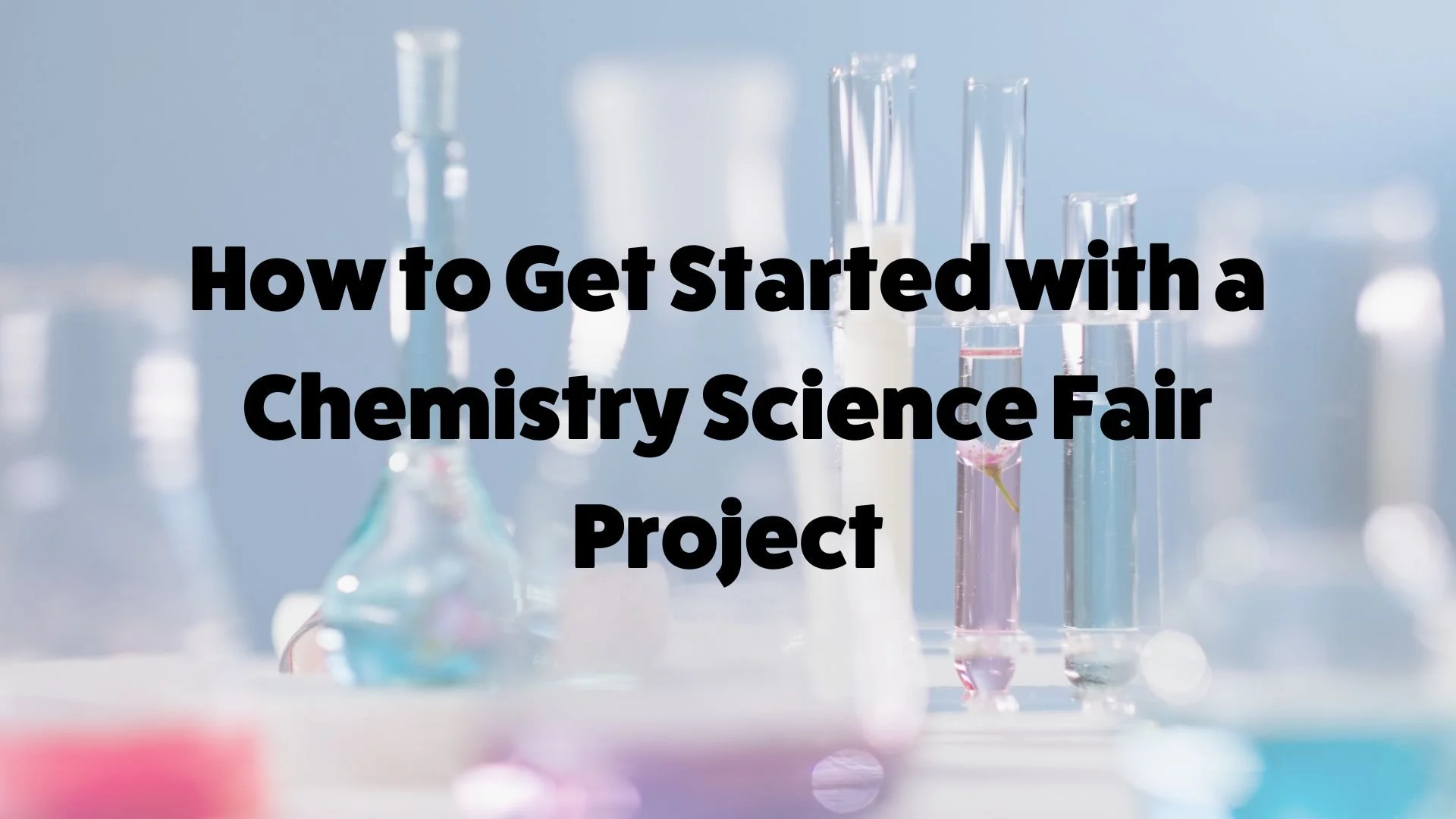How to Get Started with a Chemistry Science Fair Project
Chemistry is a fascinating subject that enables us to understand the world around us at a molecular level. Are you eager to explore the wonders of chemistry and showcase your findings at a science fair? You're in the right place! In this blog post, we'll walk you through the basics of getting started with a chemistry science fair project that's sure to impress your audience. Let's dive in!
Step 1: Choose a Topic That Excites You
The first step in creating an engaging chemistry project is to choose a topic that interests you. Chemistry is a diverse field, so you'll have plenty of options to choose from. Some popular areas of interest include:
Organic chemistry
Physical chemistry
Analytical chemistry
Biochemistry
Environmental chemistry
Consider what aspect of chemistry you find most intriguing, and then narrow down your focus to a specific question or problem you'd like to investigate. Remember, it's essential to pick a topic you're passionate about, as your enthusiasm will be contagious and inspire your audience.
Step 2: Conduct Thorough Research
Once you have a topic in mind, it's time to hit the books (and the internet). Conducting thorough research is crucial for understanding the background information, the current state of knowledge, and any recent advancements related to your chosen topic. Make sure to consult reputable sources such as academic articles, textbooks, and authoritative websites to ensure the accuracy of your information. One place that is outstanding for research is Google Scholar, which is basically your average browser but only for scientific studies and credible sources. It is a great place if you want to cite anything
Step 3: Develop a Hypothesis
Now that you're armed with knowledge, it's time to develop a hypothesis. Your hypothesis should be an educated guess about the outcome of your experiment, based on your research. It should be specific, testable, and falsifiable, meaning there must be a way to prove it wrong. Remember, a hypothesis is not a fact; it's a statement that you'll be testing through experimentation.
Step 4: Design Your Experiment
Designing a well-thought-out experiment is a critical step in the scientific process. Your experiment should directly test your hypothesis and be designed to control as many variables as possible. When designing your experiment, consider the following:
Independent variable: the factor you'll be manipulating in the experiment
Dependent variable: the factor you'll be measuring or observing
Control group: a group that is not exposed to the independent variable, used for comparison
Experimental group: a group exposed to the independent variable
Replication: repeating the experiment multiple times to ensure consistent results
Step 5: Conduct the Experiment and Collect Data
Once you have a solid experimental design, it's time to put it into action! Follow your procedure step by step, carefully controlling your variables and taking detailed notes. Make sure to collect data on your dependent variable(s) and record your observations. Replicate your experiment as many times as necessary to ensure your results are consistent and reliable.
Step 6: Analyze Your Data and Draw Conclusions
After conducting your experiment, you'll need to analyze your data to determine if your hypothesis was supported. Use statistical methods to analyze your data and look for trends, patterns, or significant differences between your experimental and control groups. Based on your analysis, draw conclusions about whether your hypothesis was supported or refuted.
Step 7: Present Your Findings
Now that you have your results, it's time to present your chemistry project findings at the science fair. Create an engaging and informative display that showcases your research question, hypothesis, experimental design, data, and conclusions. Be prepared to explain your project to visitors and answer any questions they might have.
Embarking on a chemistry science fair project can be an exciting and rewarding journey. By following these steps, you'll be well on your way to creating an impressive project that showcases your passion for chemistry!
About Inspirit AI
AI Scholars Live Online is a 10 session (25-hour) program that exposes high school students to fundamental AI concepts and guides them to build a socially impactful project. Taught by our team of graduate students from Stanford, MIT, and more, students receive a personalized learning experience in small groups with a student-teacher ratio of 5:1.

